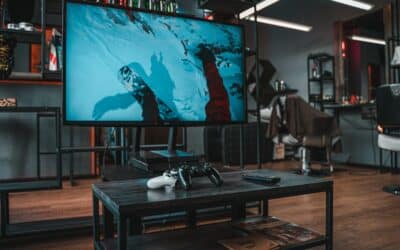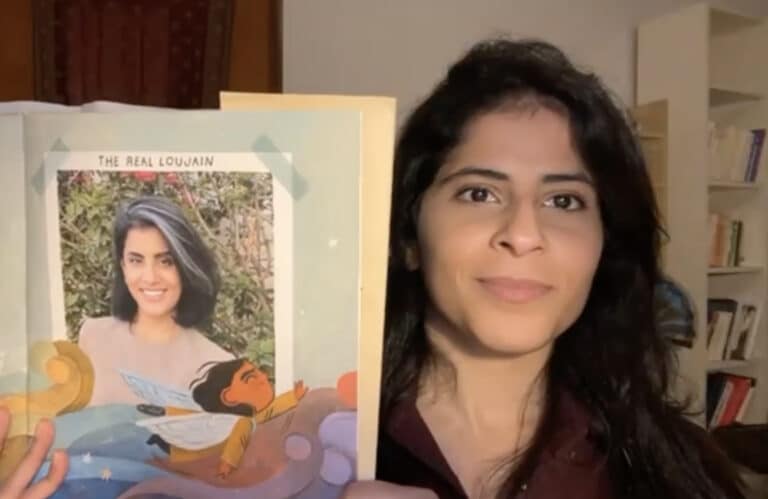ITV included a special report on Saudi Arabia’s relationship with sport in its coverage of the World Cup match between the Gulf state and Argentina which kicked off at 10am today [Tuesday 22 November].
With scrutiny on World Cup host Qatar amid controversies around its human rights record, the report focuses on its fellow Gulf state’s ambitions within sport, which have also met with concern because of its record on human rights. Amnesty International have described Saudi Arabia’s human rights record as “appalling.”
The report, presented by Gabriel Clarke, featured an interview with the sister of Loujain Al-Hathloul, who led a successful campaign in 2018 to lift the ban on a woman’s right to drive in Saudi Arabia. A tribunal later found Loujain guilty of crimes against the state, which she denies.
Loujain was imprisoned, and Lina Al-Hathloul claims her sister has suffered appalling torture at the hands of the Saudi authorities.
Lina told the ITV report: “She spent one thousand and one nights in prison, she was electrocuted, water-boarded, flogged, beaten, sexually harrassed. Of course they [Saudi authorities] deny it and it is so easy for them to do so, because no one can get any evidence of anything.”
Loujain is currently in Saudia Arabia, but is banned from leaving the country.
The Saudi government declined to coment to the producers of the report, and ITV were unable to speak to Loujain in Saudi Arabia.
Lina also issued a warning to Newcastle United supporters, and the UK more broadly, about the Saudi kingdom’s Public Investment Fund’s purchase of the club.
She said: “The ones who are saying it [the purchase of Newcastle United] is not about politics, it is only about football, it will backfire on them. It will backfire on the UK as well, if they don’t stop a dictator from investing and having so much power in their country.”
The ITV report also covered the killing of Saudi journalist, Jamal Khashoggi at the country’s Istanbul embassy, with Lina claiming that the purchase of Newcastle is intended to distract from such incidents.
She added: “When they think about Saudi Arabia, they didn’t want people to think about Khashoggi anymore, they didn’t want people to think about women being tortured. This is the important part. It covers up a crisis. It is not about human rights any more, it is about sport and that is the dangerous part of it.”
The report also examined the views of federations, promoters and others who say partnerships with Saudi Arabia can be an agent for progress there and provide much needed investment in sport.












